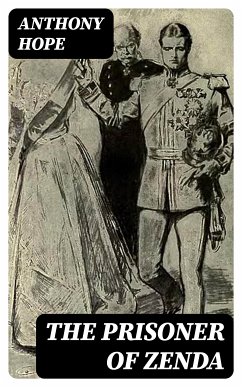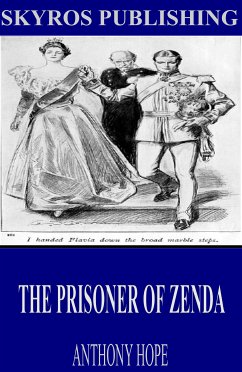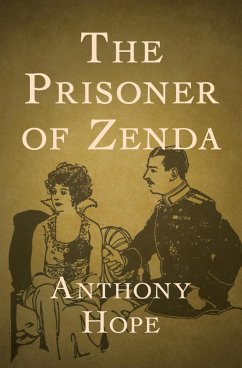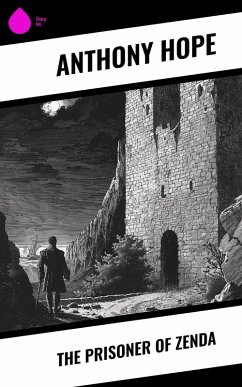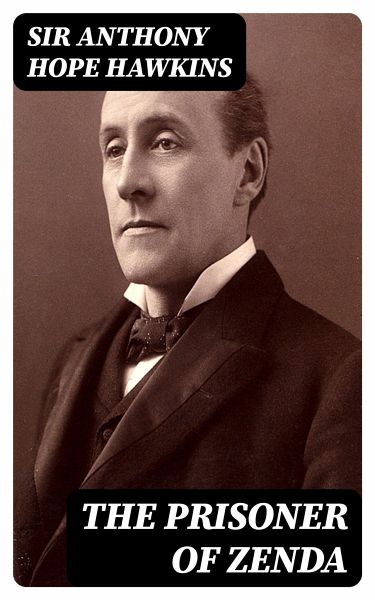
The Prisoner of Zenda (eBook, ePUB)

PAYBACK Punkte
0 °P sammeln!
In Sir Anthony Hope Hawkins' gripping novel, "The Prisoner of Zenda," readers are transported to a vividly imagined central European kingdom where adventure, romance, and political intrigue collide. The narrative revolves around Rudolf Rassendyll, an Englishman drawn into a doppelgänger plot when he must impersonate the kidnapped King Rudolf V. Hope's prose is both accessible and compelling, blending suspense with vivid characterizations and richly drawn settings, embodying the literary currents of the late Victorian era that favored escapist narratives and adventure tales. The novel's intric...
In Sir Anthony Hope Hawkins' gripping novel, "The Prisoner of Zenda," readers are transported to a vividly imagined central European kingdom where adventure, romance, and political intrigue collide. The narrative revolves around Rudolf Rassendyll, an Englishman drawn into a doppelgänger plot when he must impersonate the kidnapped King Rudolf V. Hope's prose is both accessible and compelling, blending suspense with vivid characterizations and richly drawn settings, embodying the literary currents of the late Victorian era that favored escapist narratives and adventure tales. The novel's intricate plot and themes of duty, identity, and the quest for honor resonate through the fast-paced action and deep moral dilemmas faced by its characters, making it a notable precursor to the modern adventure genre. Sir Anthony Hope Hawkins, an English author and playwright, was deeply influenced by the political turmoil and romantic nationalism of his time. His travel experiences across Europe enriched his imagination and inspired the exotic settings of his works. "The Prisoner of Zenda," published in 1894, showcases his fascination with themes of royal intrigue and has been hailed for its storytelling prowess and influence on subsequent literature and film adaptations. For readers seeking an engaging blend of adventure and romance, "The Prisoner of Zenda" is a must-read. Its timeless themes of loyalty and sacrifice, paired with an intriguing plot and memorable characters, ensure that this classic tale continues to captivate audiences, evoking a sense of wonder and delight in the extraordinary possibilities of life.
Dieser Download kann aus rechtlichen Gründen nur mit Rechnungsadresse in A, B, BG, CY, CZ, D, DK, EW, E, FIN, F, GR, H, IRL, I, LT, L, LR, M, NL, PL, P, R, S, SLO, SK ausgeliefert werden.




